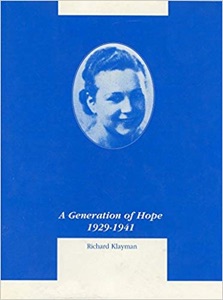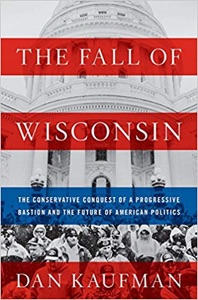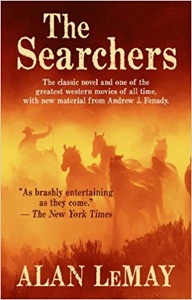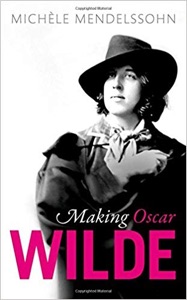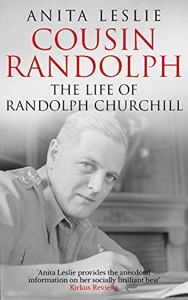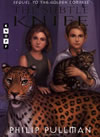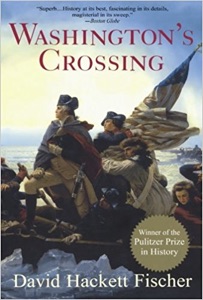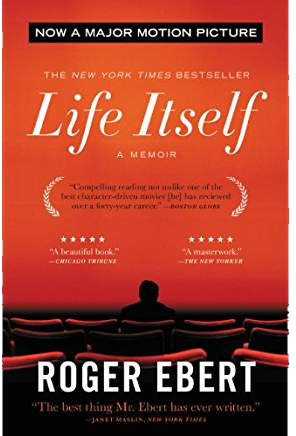This insightful local history of the Malden MA, an early satellite city north of Boston, focuses on the city’s ethnic groups and their attitudes toward the depressing. Klaymann’s central character here are Malden’s Jews, whose arrival he chronicled in his earlier monograph The First Jew.
Malden had begun as a colonial-era village became a moderate industrial center in the mid-19th century, with a major rail line and big factories making rubber shoes, gym shoes, dyed fabrics, and furniture. From the beginning, Malden had a tiny Black community down the road in its 7th Ward, and when Eastern-European immigrants began to arrive in the late 19th century, lots of them moved into that quarter of the town. Jews weren’t averse to Black neighbors, and the Irish often were.
Malden’s conflicts of the depression era were essentially ethnic. Yankee Protestants ran the Republican Party, but were declining in numbers as wealthier members moved farther from the city. Irish-Americans ran the Malden Democrats, who still meet in the Irish-American Club even though that club has never had a Black member or a female officer. Much of the Irish agenda was focused on preserving their dominance, typically by opposing the aspirations of the growing Ward 2 Italian-American community. Throughout, Malden High was integrated but reserved class offices (and major roles in extra-curricular activities) for Yankee Protestants.
Though all this, Malden’s large population of Jews shlepped through the depression. The kids often did well in school: so well, in fact, the community opposition to academic excellence became a movement. When the WPA planned to build a big and greatly-needed new school, the city dithered for years over the question of whether it should be beige or brick. The Jews didn't care about the color.
The depression created a tight-knit community but carried the seeds of its dissolution. Immigrant Jews had accents and knew a world of pogroms; their kids didn’t. The immigrant generation built delis and shops and tenements, but the Depression deferred maintenance and redlining suppressed values and the kids moved to newer, nicer suburbs.
February 15, 2019 (permalink)
